Mexican money is based on the Mexican peso, which is designated with the same sign as the US dollar ($). When it is divided by 100, the result is a centavo, represented by the same symbol as the US cent (¢). Peso means “weight” in Spanish. There are coins and paper bills, as in US money. The coins are 10, 20, and 50 centavos, and 1, 2, 5, 10, 20 and 100 pesos. The bills are 10, 20, 50, 100, 200, 500 and 1000 peso bills. The exchange rate between Mexican pesos and other currencies can be found easily on the Internet (we like www.xe.com) or at any bank or currency exchange store.
How to change foreign currencies into Mexican Pesos
Exchanging currency from another country into Mexican pesos at the bank is difficult, at best. The bank will ONLY do this if you are an account holder and, even then, the bank will probably only accept the money as a deposit and will not give you cash. Banks usually have high currency exchange fees due to high operating costs. Currency exchange is not their main activity, and handling foreign currencies at bank branches becomes problematic and complicated.
The exception to this rule is the ATM machine. Any ATM machine in Merida will take your ATM card from your country of origin and give you pesos when you make a withdrawal. Some banks have the added service of letting you choose between pesos or US dollars. The ATM at the Bancomer branch on Paseo de Montejo in Merida has this option. When you exchange dollars (or other currencies) for pesos by withdrawing money using your ATM card, you are usually getting close to the best exchange rate that you can find.
Foreign exchange stores offer better rates for immediate currency exchange. These are small money stores that handle buying and selling of different currencies on a constant basis through transfers or walk‐in traffic within the Mexican borders. In Merida there are currency exchange houses in hotels, malls, downtown, and in the north section of Merida. There is no need for an account, and they will exchange the currency and provide you with a receipt. Most of the time, these foreign exchange houses give better rates than the local banks (though you may want to check the bank for reference).
Investment agencies or brokerage firms, such as Monex, Canto, Vector and similar institutions, offer financial advice and investment banking services, as well as currency exchange at often the best rates available. These institutions often pay higher interest rates on your money than your savings or investment accounts in the bank, but present a different investment picture. Currency exchange, as well as other transactions, are only available to people or companies with an account at these firms. If you will be using these services regularly, the best choice is to open an account with one of them. Brokerage firms in Mexico are reliable institutions and often offer more personalized attention than a bank. The requirements are the same as with the banks for opening a new account. The offerings and workings of these investment and brokerage firms in Mexico are more extensive and complex than the offerings of retail banks. Retail banking is covered in the Yucatan Expatriate Services “Personal Finance Guide”, located in our online Knowledge Store, and investment banking will be covered in the upcoming “Personal Investment Guide”.
Sending money to Mexico from abroad
The most commonly used method to send money to Mexico from abroad is Electronic Funds Transfer, which is quick and easy. This process must be done with a bank or a brokerage firm that has offices or affiliates in other countries. Once the accounts are set up, money can be transferred to Mexico and be available for your use within a few hours. For smaller amounts, you can use Western Union, which has offices in the Elektra stores locally. And one-time transfers can be made through the aforementioned investment banks as well.
Sending money abroad from Mexico
To send money to another country from Mexico, you must fill out a form at the bank requesting international payment. The form will require information including the beneficiary’s name, account number, bank, etc. The banks require a minimum age of 6 months on the account from which the transfer is being sent, and the transfer cannot be higher than the minimum balance required on the account.
Whether sending money out of or into Mexico, it is best to check with the banks involved to understand exactly what information is required to complete the transaction.
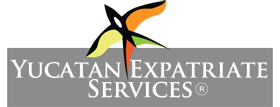


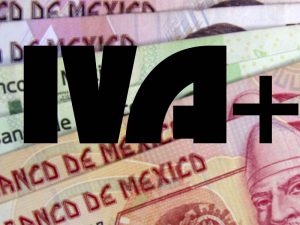
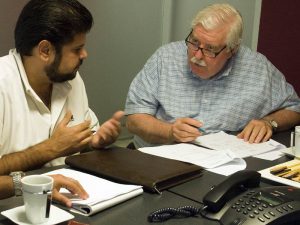

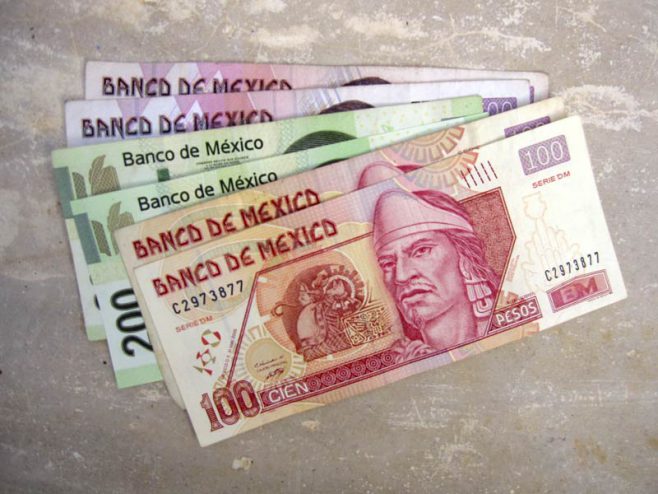
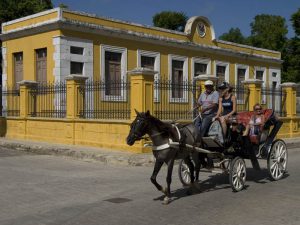
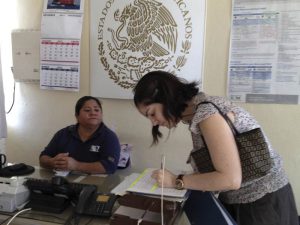
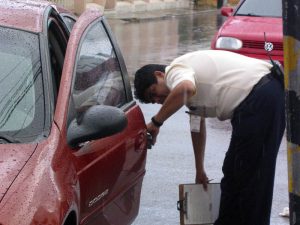
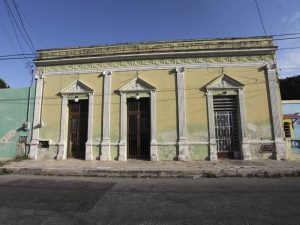
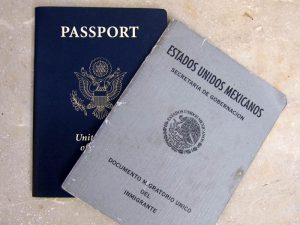
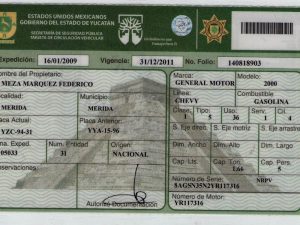
Leave a comment